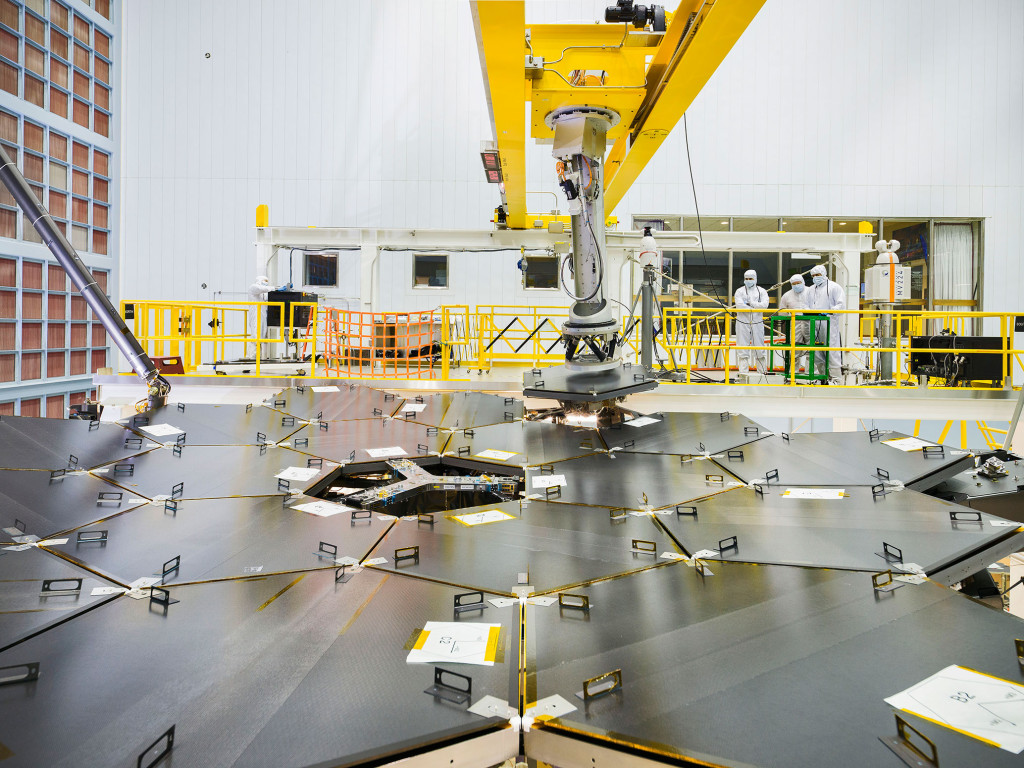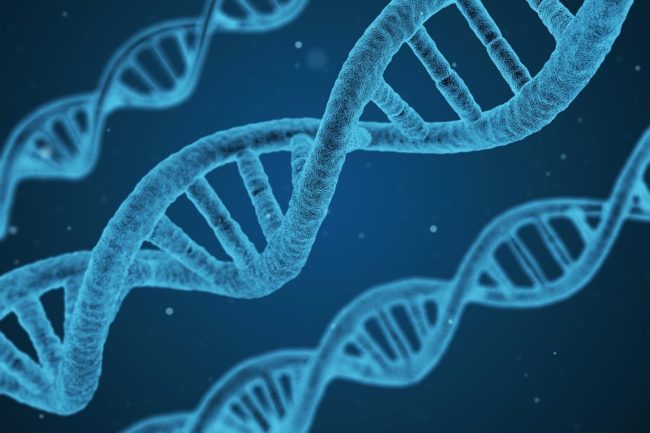Image: qimono / pixabay, CC0 (public domain)
We’ve got stories on the use of CRISPR to fight the AIDS-causing HIV virus, a new, more “luminous” Large Hadron Collider, and a new and surprisingly improved NASA budget for 2017. It’s the news roundup for Sunday, May 6, 2017!
Fighting HIV with CRISPR
The much-lauded CRISPR-Cas9 is back in the news this week, with the results of a study demonstrating its effectiveness at excising and eliminating fragments of HIV DNA from the cells of live mice. A team of scientists from Temple University and the University of Pittsburgh published a paper this week in the journal Molecular Therapy entitled “In Vivo Excision of HIV-1 Provirus by saCas9 and Multiplex Single-Guide RNAs in Animal Models.” Building on earlier, in vitro work, the team used the gene editing technique on three mouse models, one of which had been modified to incorporate elements of a human immune system. The tests effectively shut down virus replication in the cells, leading to hope for a new treatment for the disease which infects as many as two million people every year. The next step for the team is to run trials in primates, since (as we well know) things that work in mice don’t always work so well in humans, and if that work is as successful, they’ll move on to clinical trials in humans. It’s early days yet, but it’s just another example of the amazing potential of CRISPR-based therapies. You can read more on the story at Genetic Engineering and Biotechnology News, or you can read the paper itself.

LHC Restart
For the past seventeen weeks, the Large Hadron Collider has been out of action as (once again) upgrades were performed on what is probably the largest, most complicated machine on the planet. But this week they started it up again, with the hope of achieving a higher luminosity (rate of collisions). Now this isn’t the planned upgrade for 2020, the High Luminosity LHC (HL-LHC), but it should still help the scientists running experiments to see deeper into the mysteries of the subatomic world. The higher the luminosity, the more detailed the measurements can be, which is important when you’re trying to find evidence of things we’ve never seen before, like the Higgs Boson. So what’s next for the LHC? Dark matter, in the form of axions. If it’s there, they probably stand the best chance of finding it. And if it’s not… well, that’s exciting too. For more you can check out phys.org.

NASA’s Budget
Things may be pretty hairy in Washington these days, but there is still some good news. The temporary budget signed into law this week keeps the government running until the next opportunity for a crisis (in this case, November), but in doing so it’s also given NASA a very nice gift: a bigger budget. NASA has received $19.65 billion, and planetary science—things like Cassini, Juno, and the coming-soon Europa Clipper mission—received $1.846 billion, an increase of $215 million over 2016! It pretty much goes without saying that the good folks at the Planetary Society are pretty pleased about this, and Casey Dreier, their Director of Space Policy, has a great little post up about it and what it means. Miraculously, even Earth Science kept the same budget as last year, despite the clear preference of the Republican Party to slash and burn any projects that demonstrate the reality of climate change. That’ll probably change in November, but for the rest of this year, things are still humming along nicely. You can read Dreier’s post at the Planetary Society’s website, planetary.org.
Best of the Rest
And because there’s all sorts of things we can’t get to each week, here it is, your weekly linkspam!
- SpaceX’s second “flight-proven” rocket has a payload
- The BBC is making a “Victorian” War of the Worlds
- Elle linked to a post about the “Born Sexy Yesterday” trope
- The Defenders is coming to Netflix
- Elon Musk’s satellite internet network is going up starting in 2019
- Once again, diet soda isn’t killing you
- And if you’re feeling too much existential dread these days, at least you can check out gorgeous photos of Jupiter
That’s all for today, have a great week.
***
Thanks again for reading. Except for the very *very* occasional tip, we only get paid in my own (and your) enthusiasm, so please like This Week In Tomorrow on Facebook, follow us on Twitter @TWITomorrow, and tell your friends about the site!
If you like our posts and want to support our site, please share it with others, on Facebook, Twitter, Reddit — anywhere you think people might want to read what we’ve written. If there’s something you think we’ve missed or a story you’d like to see covered, drop us a line! Thanks so much for reading, and have a great week.
***
Richard Ford Burley is a human, writer, and doctoral candidate at Boston College, as well as Deputy Managing Editor at Ledger, the first academic journal devoted to Bitcoin and other cryptocurrencies. In his spare time he writes about science, skepticism, feminism, and futurism here at This Week In Tomorrow.

